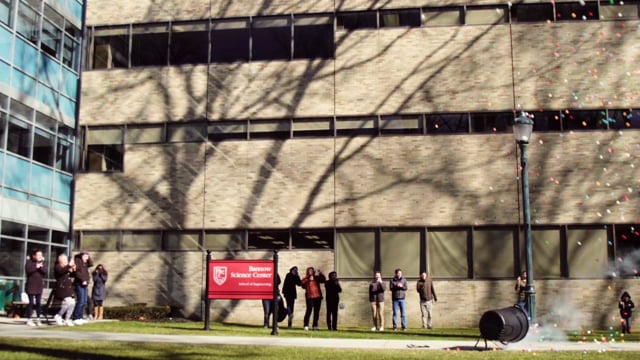Physics
Degree
Bachelor of Science, Major, Minor
School/College
College of Arts & Sciences
At ÐÓ°ÉÔ°æ, the Physics program promotes the analytical skills of physics students and enables them to solve complex problems, think critically, conduct experiments, analyze data, and communicate scientific ideas easily and effectively.
Find Out More
Course Requirements
55 Credits
70 credits
70 credits
18 credits
16 credits
Contact Us
Undergraduate Admission
admis@fairfield.edu
(203) 254-4100
Career Outlook
Upon graduating with a BS in physics, students have several career options available to them. These options include graduate studies leading to the MS and PhD degrees in any subfield of physics, industrial careers in research and development, and professional careers where a physics background– or more generally, a science background– is an asset.
Career Paths
Physics majors at ÐÓ°ÉÔ°æ are broadly educated in a liberal arts context and follow diverse career paths.
Possible Fields
- Medical School
- Optometry
- Environmental Education
- Secondary School Teaching
- Regulatory Affairs for Medical Instrument Manufacturers
- Computer Engineering
Recent Graduate Studies Locations
- Georgetown University
- Columbia University
- SUNY- Stony Brook
- Colorado State University
- Tufts University
- Yale University
“My time at ÐÓ°ÉÔ°æ molded me into the scientist that I am today. By participating in research with faculty, I was given the opportunity to find a passion for making new discoveries and learn the research methods that I find myself applying to my work now.
- James Vizzard '23



